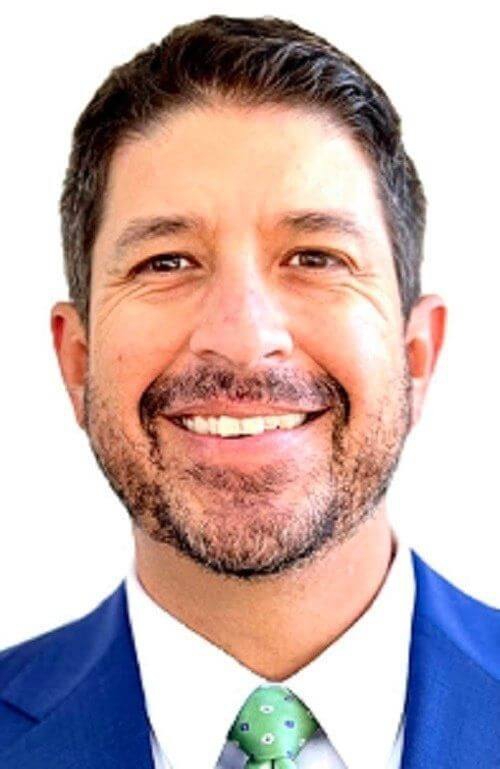While Florida’s stand your ground law is the strongest in the country, it does not apply in all situations. You might think you were justified in protecting yourself or your property, but prosecutors might see the situation differently. We take a look at exceptions to stand your ground to give you a better understanding of when the law does and does not apply.
Exceptions to Stand Your Ground
Unlike other states with a stand your ground or castle doctrine law, Florida’s law does not include a “duty to retreat” provision. This means that you do not have to first try to run or  evade attack before you are allowed to take action to protect yourself. Florida’s law also differs from other states in that it applies if you are in your vehicle, business, or any other place you have a legal right to occupy.
evade attack before you are allowed to take action to protect yourself. Florida’s law also differs from other states in that it applies if you are in your vehicle, business, or any other place you have a legal right to occupy.
Stand your ground does not apply, however, in the following situations:
You are engaged in criminal activity.
If you are in the middle of committing a crime—for example, you are in possession of illegal drugs when an intruder enters your home, and you shoot them—you cannot claim stand your ground.
You shoot a law enforcement officer.
Stand your ground does not allow you to use deadly force against a police officer who is acting in an official capacity.
You are in a place where you are not legally allowed to be.
If you are threatened while trespassing or breaking into a property, you will not be able to claim stand your ground.
Talk to a Stand Your Ground Defense Attorney
Florida’s law puts the burden on the prosecutor to prove that stand your ground does not apply, rather than on the defendant to prove that it does apply. If you think you have a stand your ground defense but you are being charged with assault or homicide, you need an experienced criminal defense attorney who cares about the outcome of your case. When facing criminal charges, choose a law firm trusted and recognized as Miami-Dade Favorites for Criminal Defense 2024.
Please feel free to contact me online or to call my Coral Gables office directly at 305.707.7345. You can also request my free book, The Ultimate Guide to Fighting Criminal Charges in Florida, a detailed download discussing the myths, rumors, and hearsay often associated with criminal charges.
|
Related Links: |

